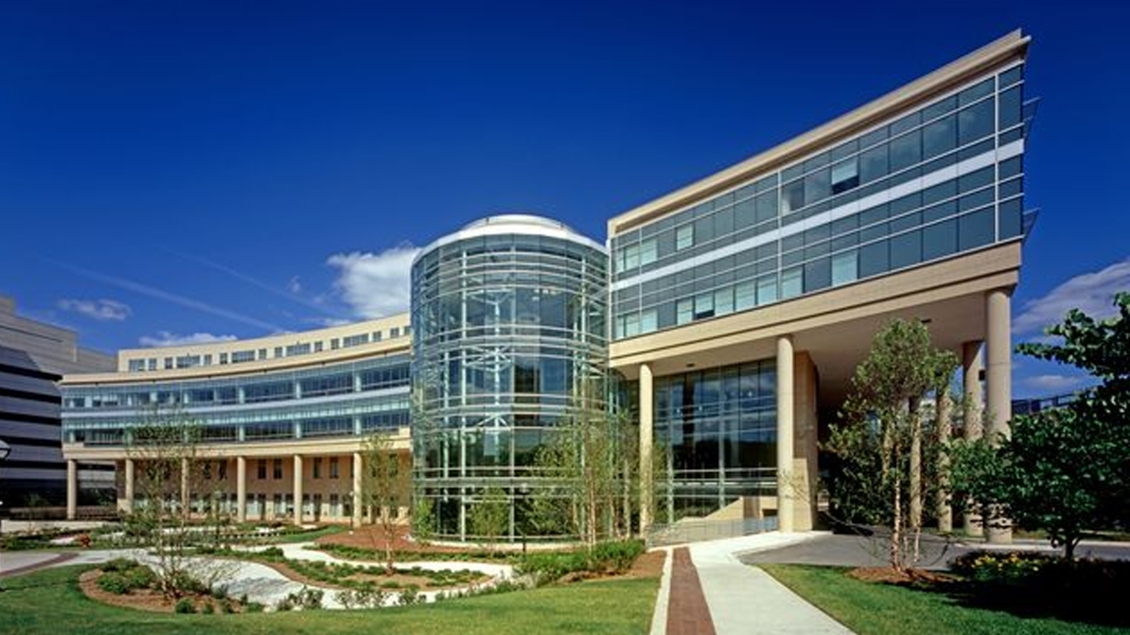
Thank you for your interest in the U-M Medical School Department of Internal Medicine Division of Cardiovascular Medicine Vascular Medicine Fellowship program.
Jump to the sections below to learn more about the program and the application process:
Our goal is to help aspiring vascular medicine clinicians develop into excellent clinicians and to further their academic interests. At the Frankel Cardiovascular Center, we have diverse and internationally recognized faculty practicing in a state-of-the-art facility on the campus of a world-renowned university.
Our Vascular Medicine Fellowship training draws from strengths in a broad array of disciplines including:
In addition to clinical training, fellows have the opportunity to become actively involved in any number of research projects, ranging from basic and translational sciences to clinical and health services projects.
We appreciate your interest in our program and look forward to meeting you!
Sincerely,
Geoffrey Barnes, MD, MSc, Fellowship Director | Follow Dr. Barnes on X
Yogen Kanthi, MD, Fellowship Co-Director | Follow Dr. Kanthi on X
James Froehlich, MD, MPH, Director of Vascular Medicine
Michigan Medicine
2800 Plymouth Rd
NCRC Building 25, 2L 01N
Ann Arbor, MI 48109-2800
THE APPLICATION PROCESS IS CLOSED FOR THE 2024-2025 PROGRAM YEAR.
Thank you for your interest in the Vascular Medicine Fellowship at Michigan Medicine. This one-year, non-invasive fellowship prepares fellows to sit for the American Board of Vascular Medicine examination. While the board certification is designed for internal medicine physicians (both general internal medicine and specialists), we welcome applications from any physician with a strong interest in the care of patients with vascular disorders.
With a strong focus on vascular laboratory study interpretation, fellows will also be prepared to sit for the Registered Physician in Vascular Interpretation (RPVI) Certification examinationat the end of their training.
Applications can be submitted by email to Kaitlin Spencer. Please include the following in your application:
- Current CV
- Letter of interest or personal statement
- Two (2) letters of recommendation
- One (1) letter of recommendation from your most recent program director, assistant program director, or direct supervisor (if not currently in residency/fellowship)
Interviews will be conducted by Zoom. If you have questions during the application process, please do not hesitate to contact Kaitlin Spencer.
The one-year fellowship program consists of both inpatient and outpatient training across a broad set of disciplines. In addition to the rotations, fellows will participate in a continuity clinic with one or more of the vascular medicine faculty. All clinical work is conducted at Michigan Medicine, the academic medical center at the University of Michigan.
Vascular Medicine (VM)
- VM Continuity Clinic (outpatient)
- Multidisciplinary Venous Clinic and PAD Clinic, Lymphedema Treatment (outpatient)
- Pulmonary Embolism Response Team (PERT) Consults (inpatient)
Vascular Lab
- Perform and Interpret Vascular Studies (outpatient)
Cardiology
- Aortic Diseases Clinic (outpatient)
- Hypertension Clinic and Hyperlipidemia Clinic (outpatient)
- Pulmonary Hypertension/Chronic Thromboembolic Pulmonary Hypertension (CTEPH) Clinic (outpatient)
- Cardiology Consults (inpatient)
Endocrine
- Podiatry Clinic (outpatient)
- Diabetes Clinic (outpatient)
Hematology
- Thrombophilia Clinic (outpatient)
- Benign Hematology Consults (inpatient)
Interventional Radiology (IR)
- IR Procedures (inpatient)
Neurology
- Stroke Clinic (outpatient)
- Stroke Consults and Service (inpatient)
Radiology
- Vascular Imaging Interpretation (outpatient)
Rheumatology
- Vasculitis, Antiphospholipid Syndrome, and Lupus Clinics (outpatient)
Vascular Surgery
- Vascular Surgery Outpatient Clinic (outpatient)
- Vascular Surgery Inpatient Service (inpatient)
Additional
- Anticoagulation Clinic
- Smoking Cessation
All vascular medicine trainees will be provided with four weeks of dedicated research time and will be connected with an appropriate research mentor early in their training program. They will be expected to submit at least one abstract to an annual meeting (e.g., Anticoagulation Forum, THSNA, Society of Vascular Medicine).
Dr. Geoffrey Barnes and Dr. James Froehlich lead or participate in several programs that are home to large registries and datasets, and have mentored countless trainees on a variety of research projects supported by a large team of research coordinators and statistical analysts.
- Dr. Barnes and Dr. Froehlich are directors of the Michigan Anticoagulation Quality Improvement Initiative (MAQI2), a multi-center quality collaborative focused on anticoagulation care, with a registry of over 15,000 patients on oral anticoagulants.
- Dr. Barnes is a core faculty member at the Institute for Healthcare Policy & Innovation, where he has access to many large datasets (including Medicare, OptumInsight, and Marketscan).
- Dr. Froehlich is the director of the Michigan Clinical Outcomes Research & Reporting Program, where the International Registry of Aortic Dissection and many other outcomes registries are managed.
Trainees will have access to the considerable breadth and depth of expertise of all vascular biology and thrombosis investigators at Michigan Medicine.
- The Frankel Cardiovascular Center houses one of the premier basic and translational thrombosis research programs in the country, with expertise in coagulation, platelet biology, thrombo-inflammation, and chronic pulmonary thromboembolic disease.
- Drs. Kanthi, Ganesh, and Hofmann Bowman run highly productive basic and translational research labs with a strong track record for mentoring trainees. Their vascular research labs in the Cardiovascular Research Institute are adjacent to one another for added synergies and collaboration.
- Kanthi Lab - Translational research lab that has a footprint on both the National Institutes of Health campus and the University of Michigan. His research team studies molecules at the intersection of inflammation and thrombosis with a focus on deep vein thrombosis and pulmonary embolism. Trainees will have access to unique potential opportunities for experience in translational investigation of vascular disease.
- Ganesh Lab - Focuses on hypertension and genetic arteriopathies, including fibromuscular dysplasia. Dr. Ganesh also leads the Michigan Biological Research Initiative on Sex Differences in Cardiovascular Disease (M-BRISC) program.
- Hofmann Bowman Lab - Focuses on aortopathies, including aortic dissection and aneurysm. Dr. Hofmann Bowman is also the director of the Aortic Disease program.
The Frankel Cardiovascular Center also has multiple T32 training programs for interested trainees who would benefit from two additional years of research training for career development. Dr. Barnes and Dr. Kanthi are both former T32 trainees from this program. Training is available for either health services research or basic and/or translational research. Trainee experiences are structured, with a mentorship committee and formal coursework in research methodologies.
The University of Michigan offers highly competitive salaries and generous benefits to our fellows and advanced trainees. Trainee salary will be commensurate with that of a House Officer at an equivalent level of training based on the HOA contract.
We are committed to equipping each fellow with the necessary tools they need to excel as experts and leaders, and empowering them to advance patient care, research, and education in cardiovascular medicine.
2023
- Hunter Mwansa, MBBS
- Mohamed Zghouzi, MB BCH
2022
- Sayed (Nabeel) Hyder, MD
2021
- Henry Han, MD
We, at the Frankel Cardiovascular Center, believe that delivering the very best heart and vascular care in the world can only be achieved through a culture of respect for one another and by celebrating the diversity of our patients, their families, and our workplace community. We strive to inspire an equitable and inclusive environment that welcomes and respects individuals from all races, ethnicities, gender identities, religions, beliefs, abilities, appearances, sexual orientations, and socioeconomic backgrounds. Diversity is at the heart of our values, improving patient outcomes, enhancing our work culture and optimizing health care.
We are committed to creating and cultivating a diverse and inclusive community.
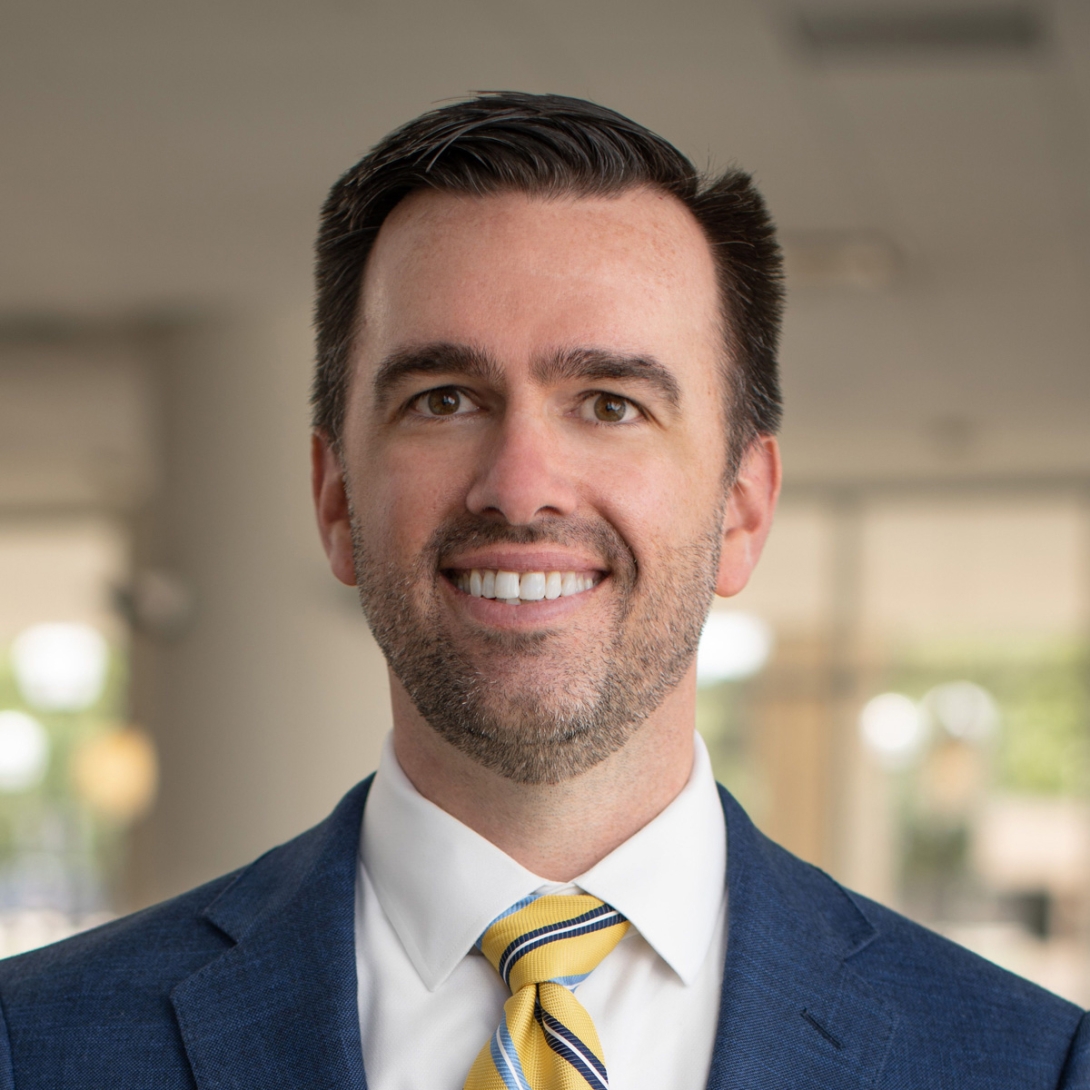
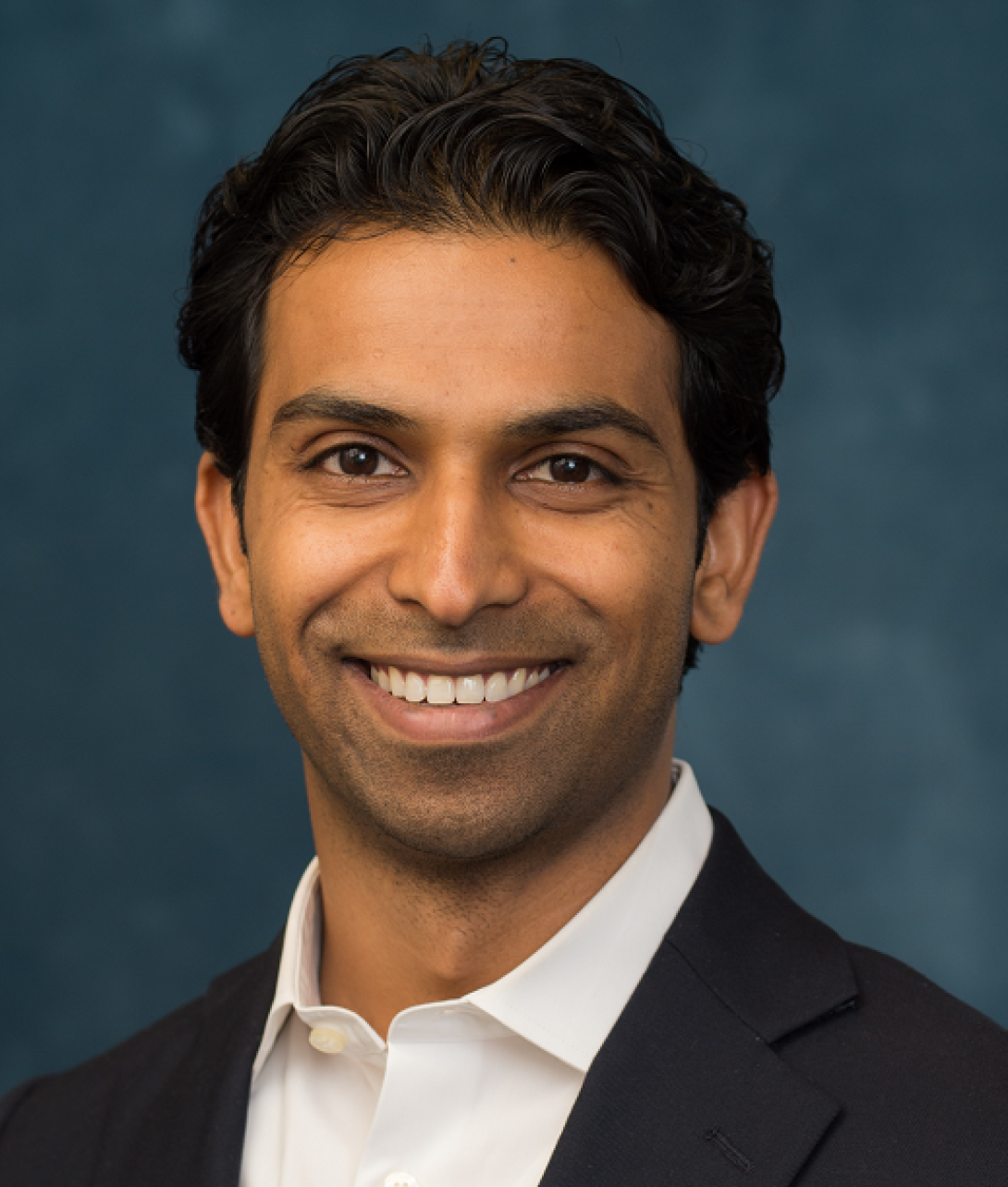
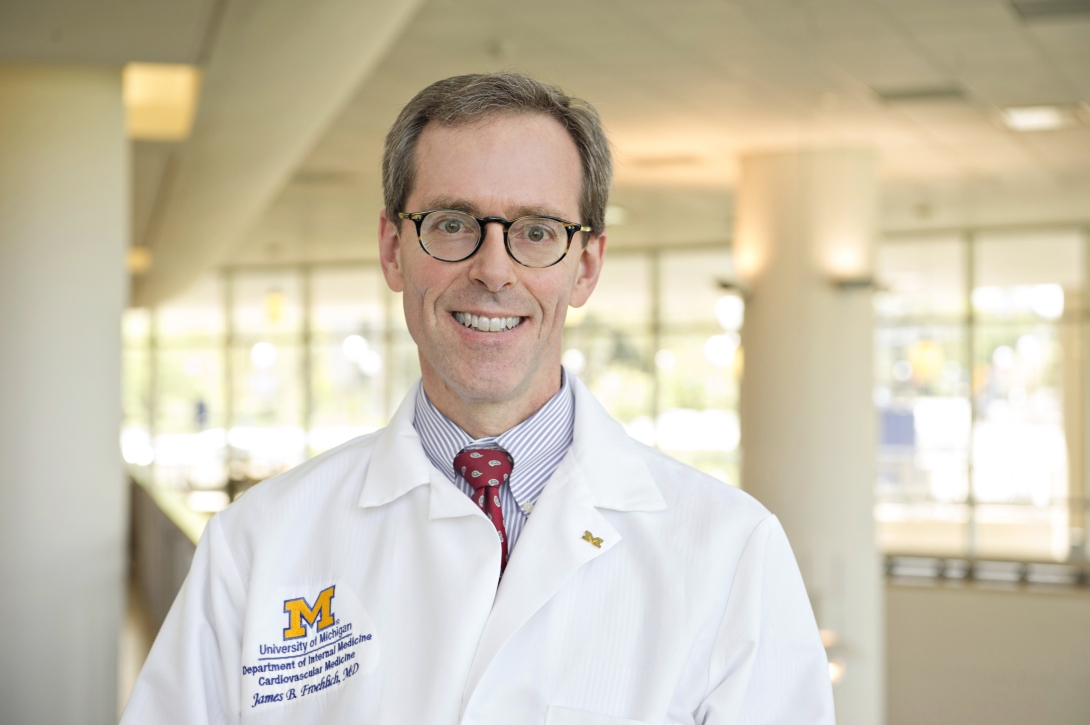
Medical Director of Domino's Farms Anti-Coagulation Clinic
Associate Chair, Department of Internal Medicine
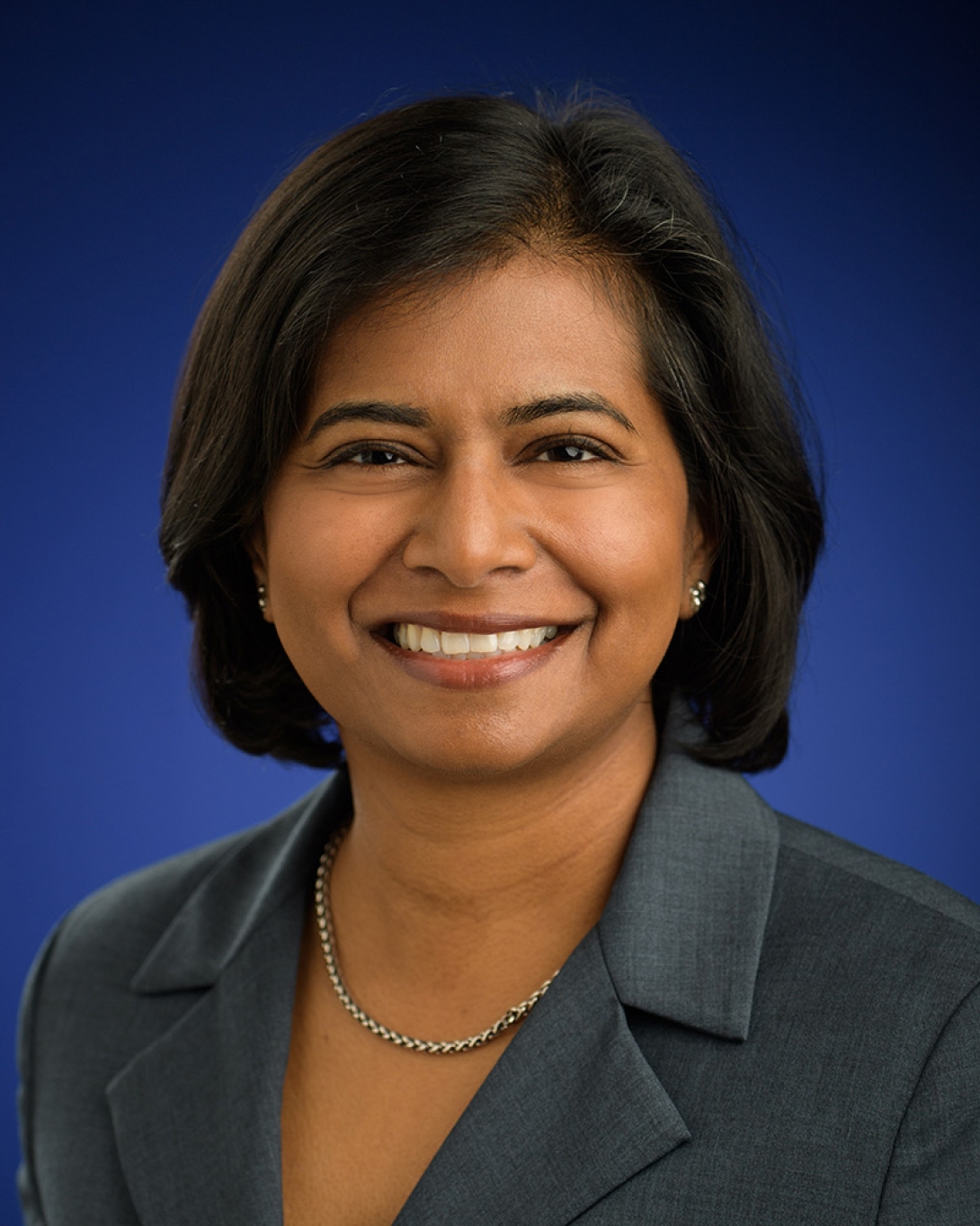
Professor in Cardiovascular Medicine
Professor of Internal Medicine
Professor of Human Genetics and Program Director, Internal Medicine
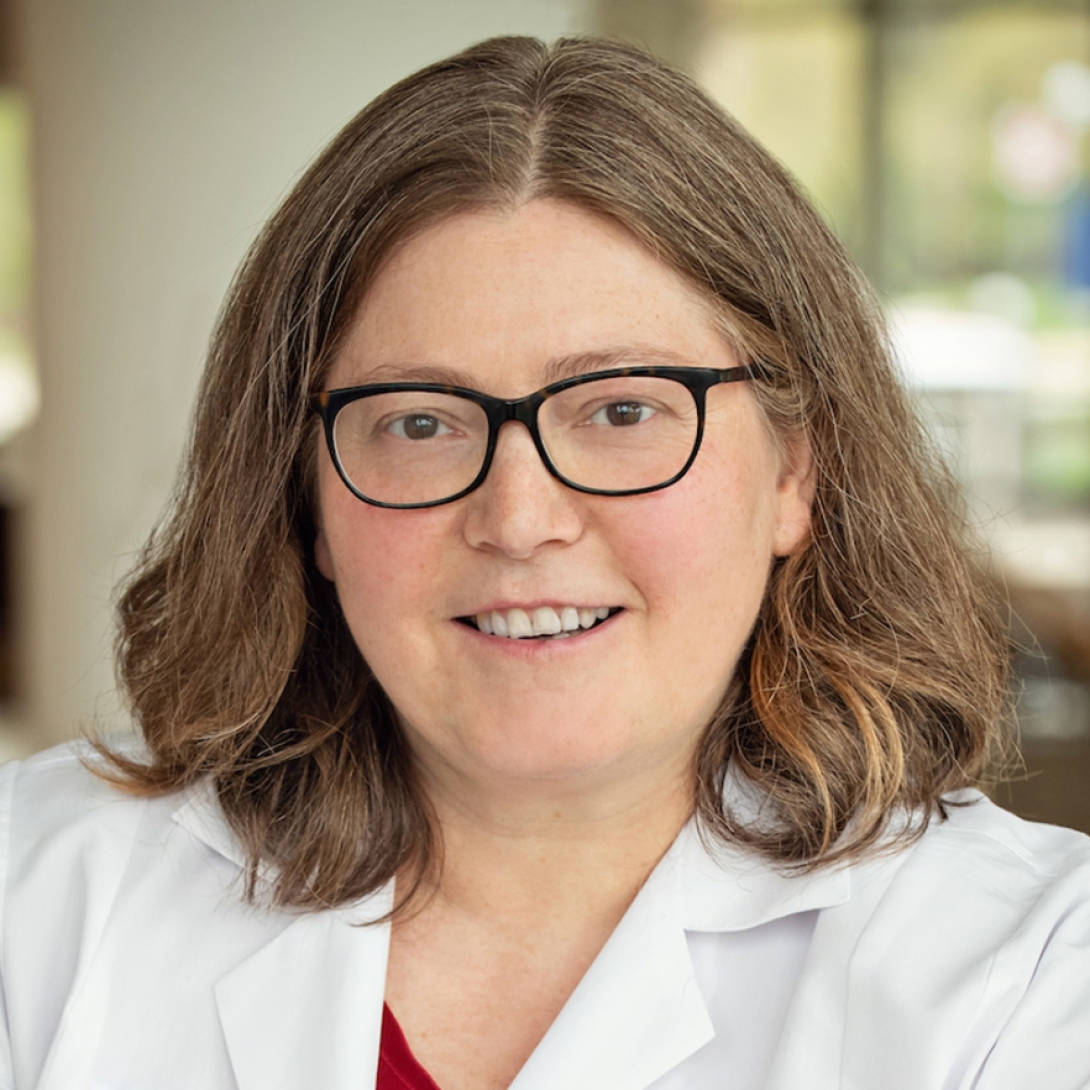
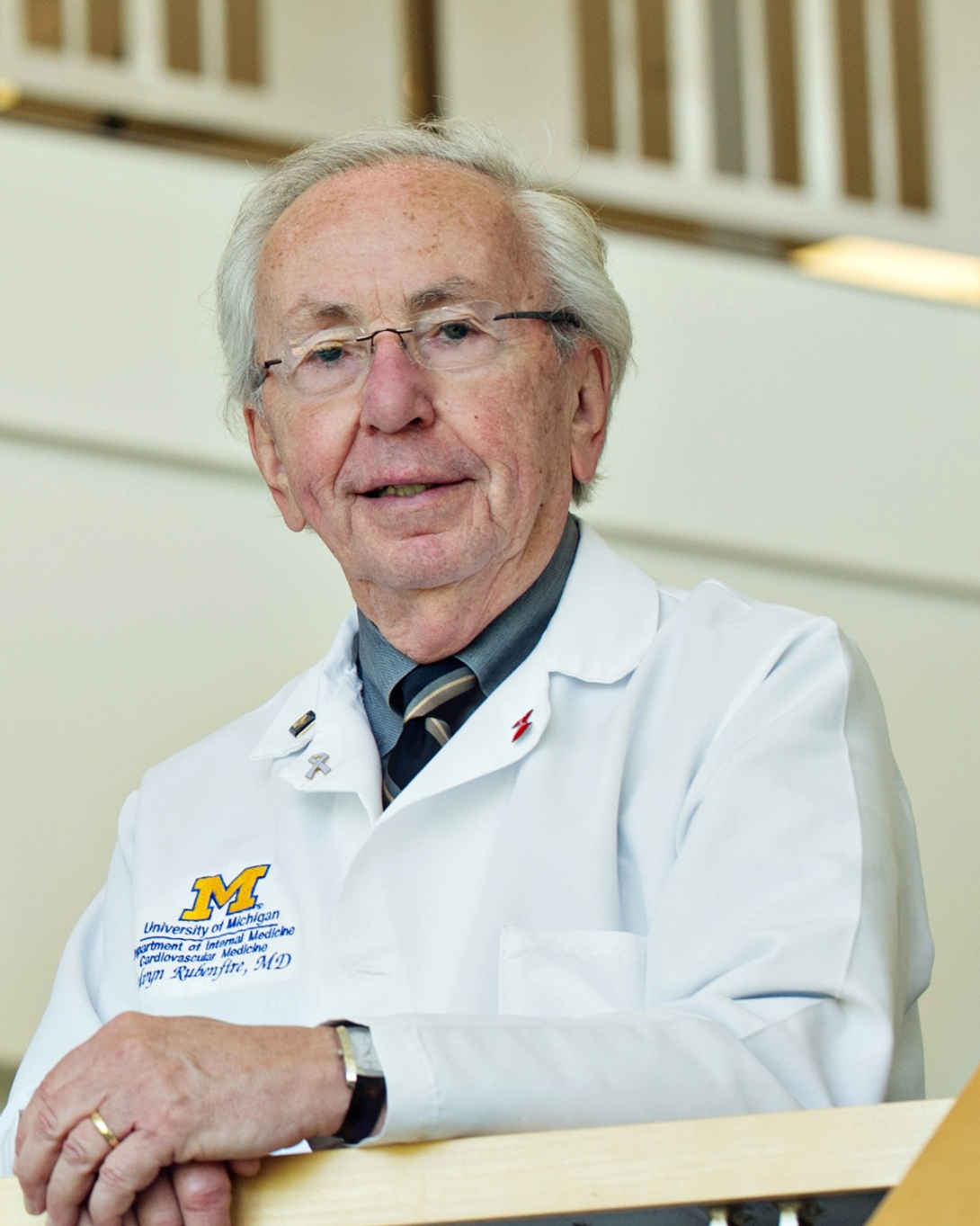

Expand your career trajectory in a high-volume academic medical center that also supports and excels in a wide range of basic science, translational and clinical research programs.

We find a new reason to love Ann Arbor nearly every day — year-round outdoor activities, cultural experiences, a growing food scene, and a welcoming, family-friendly atmosphere are just a few that come to mind. Explore all that Ann Arbor and our surrounding communities have to offer.